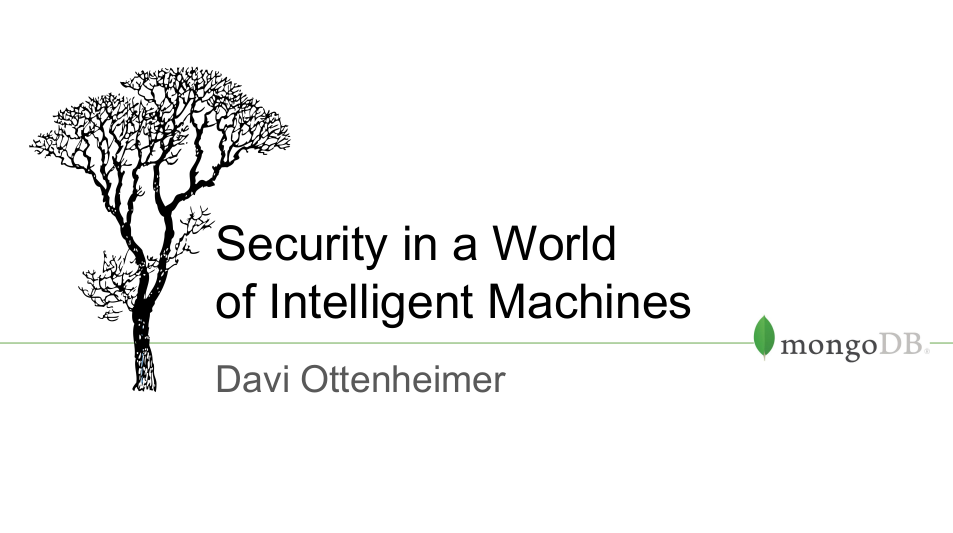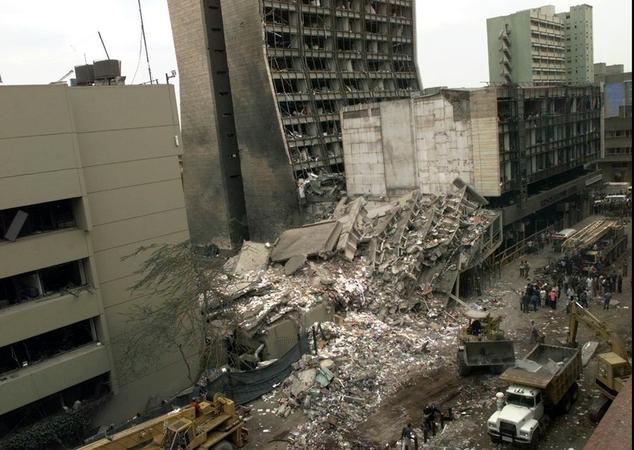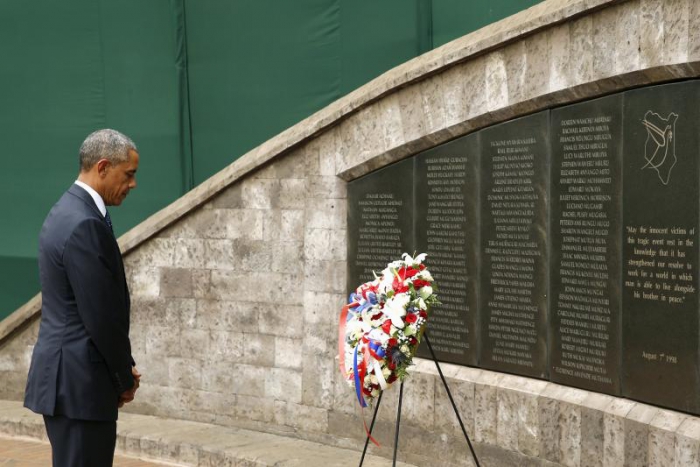The Washington Post suggests in an obituary that the NY Daily News considered Michael A. Sheehan the “real-life Rambo”
Sheehan, who began his career as an Army Ranger, first took part in clandestine operations in Panama in 1979. Later, he was part of drug-interdiction and counterterrorism operations in Colombia, El Salvador and Honduras, scaling buildings and jumping out of helicopters as a “real-life Rambo,” in the words of a New York Daily News profile.
What’s suspicious about calling him Rambo, however, is how un-like that character he seems given his articulate criticisms of things like the military-industrial-congressional-complex:
Security checkpoints at airports did little to deter terrorism, he said, and only served to annoy the “white haired grandma” whose life was “turned upside down by overzealous airport inspectors.”
He pointed out that when he drove onto military bases, armed guards looked through the dirty laundry in his luggage – but the hotels next to the bases were completely unguarded because they weren’t funded by the Department of Homeland Security.
I’m no Rambo quotes expert. It just seems useful in terms of foreign and domestic policy to point out how grounded and completely opposite Sheehan sounds from the fictional movie character depictions when Sheehan talks about dealing with threats.
Consider, in comparison, this painfully stupid line from Rambo in “First Blood” (1982)
Trautman: Look John, we can’t have you running around out there killing friendly civilians.
Rambo: There are no friendly civilians!
Sheehan was saying things very much in the opposite tone for decades, repeatedly trying to prove that civilians matter and he cared that their lives be protected:
While serving in the Pentagon, I witnessed on tape just about every drone shot taken by the Defense Department outside of Afghanistan during my tenure. The degree of care in ensuring whom the target is — and in limiting collateral damage — is extraordinary.
During my time at DoD, I directed my staff to share these video feeds with Congress so they could tell their constituents about the precise nature of these operations, and dispel bogus claims by the Taliban and others about the massive collateral damage caused by these strikes. Drones and airstrikes cannot win terrain, but they provide a great, low-risk capability to degrade the enemy and support our allies in their ground campaigns.
Whether you believe him or not, clearly he struck (no pun intended) the opposite tone from a Rambo character. He goes on to say treating groups of civilians as the enemy is “ignorance of counterterrorism”:
There’s good news. Obama has built a very capable team, with experienced leaders at Defense, the CIA, U.S. Special Operations Command, the FBI and DHS. He now must direct (or unleash) them to expand the fight — innovate and take prudent risk. This is no time for caution.
At home, we can get the job done without resorting to extremes like registering all American Muslims, as Donald Trump recently suggested he would do, before partially walking away from his own comments. Still, his suggestion exposed his complete ignorance of counterterrorism operations. Such an elaborate tracking system is unnecessary, impractical to implement, counterproductive and, to boot, unconstitutional.
Three years after Sheehan retired from the military, and seven years after he worked for the US ambassador to the UN (another achievement that makes comparisons to Rambo appear unwarranted), Sheehan gave this simple advice for reducing terrorism risk:
“What works,” he said, is “sustained diplomatic pressure, political will and courage.”
I can’t imagine Rambo saying such sensible things. While superior athletic and weapons expertise may have earned Sheehan a sensational comparison to a fictional extremist militant character, I think he will be remembered most for his work on diplomacy, teamwork and skilled support of US allies, and maybe even for his care for civilians. It is sad to hear of Sheehan’s untimely death and an immediate jump to Rambo references hopefully bring to light more of his un-Rambo life’s work.
In terms of history, I suppose he also will be remembered for dissenting from conservative narratives in 2000 (e.g. Dick and Lynne Cheney insisted China was biggest threat and wanted military show-down). He instead loudly pointed to al-Qaeda, trying to warn the US and enact counter-measures after 1998 US Embassy bombing in Kenya, at least a year before USS Cole bombing and long before 9/11.
Mr. Sheehan’s plan “landed with a resounding thud,” one former official told The Times.
“He couldn’t get anyone interested,” the official said.
Mr. Sheehan pressed on.
“What’s it going to take to get them to hit Al Qaeda?” he asked colleagues in 2000. “Does Al Qaeda have to attack the Pentagon?”
The prescient and analytic Mr. Sheehan now has passed away, only days before the 20th memorial of the Embassy bombing that emboldened his warnings.


